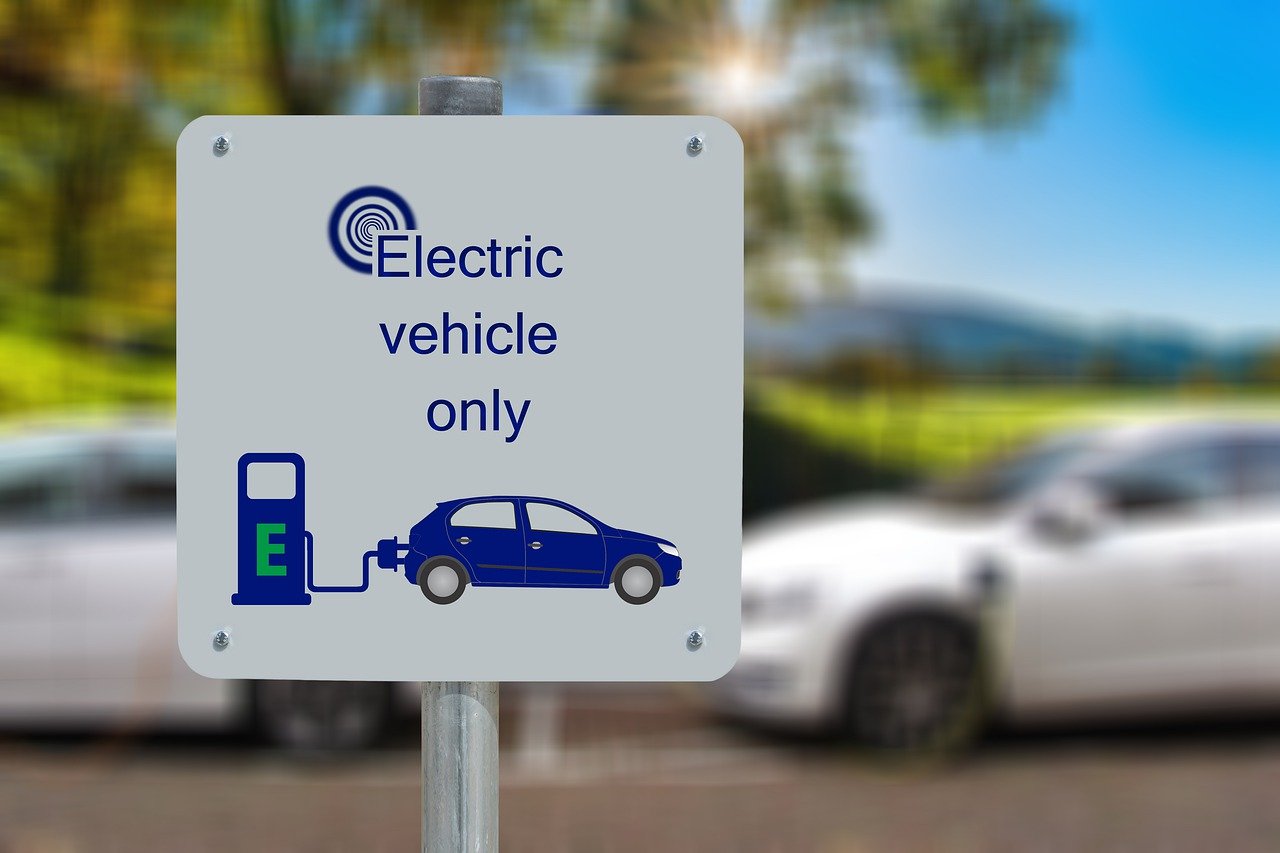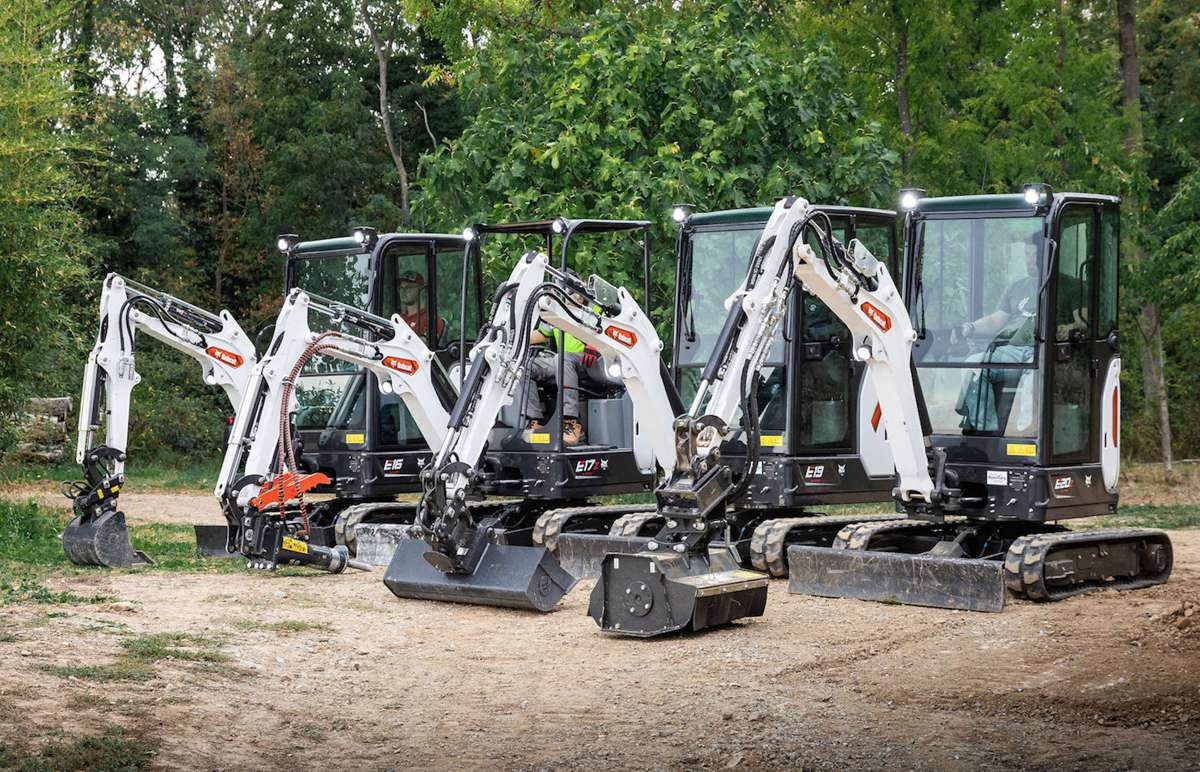How Electric Vehicles can capture the UK Market
The electric vehicle (EV) market has been expected to garner everyone’s attention globally following the unique breakthroughs with regard to product development, affordability and abundant product portfolio and infrastructure. In the last one decade, the automakers and original equipment makers (OEM) have been trying to get these basics in line to capture the customers’ attention and satisfaction.
There are a lot of expectations from the traditional automobile companies foraying into EV manufacturing and the rechargeable battery makers in the near future that can steer a smoother transition to eco-friendly vehicles from petrol/diesel cars. A handful of countries are already working with their maximum capacity to bring in substantial advancement in the EV market and facilitating the desired requirements of the buyers.
Rechargeable batteries
With the EVs in focus, the demand for rechargeable batteries is expected to scale up to 2,600 gigawatt hours by 2030 with an annual increase of 25 per cent, the World Economic Forum has said in a recent report. Following the apparently stupendous rise in the EVs, the passenger cars segment will account for nearly 60 per cent of the global battery demand.
The various options of EVs in the market for the middle-income earners and the regular masses can surely assist in bringing down the air as well as the noise pollution in the surroundings. Many countries have already announced a couple of packages that can support the EV market and have willingly agreed to introduce subsidies on the products in the initial stage of mass distribution.
Most of the OEMs are now amalgamating their respective EV development wings with technology-driven automotive solution providers and efficient rechargeable battery makers to provide better end products. Very recently, the Surrey-headquartered AFC Energy Plc announced a strategic association with the Zurich-based ABB Ltd to develop high-power charging products for EVs. Despite the invariable efforts from the automakers and authorities, the market is still facing many challenges.
Dearly priced EVs
The price band of most of the adequately equipped EVs or the battery attached passenger cars that are designed to accommodate a family of four is still at a higher side. The affordability is a major factor in the widespread adoption of EVs by the general masses.
On the contrary, there are quite a few options in the EVs that are seemingly affordable, but they lack basic facilities. The traditional automakers are required to step in to bridge the gap and offer reliable and affordable products.
Inadequate infrastructure
The technology of charging facilities for EVs is not a big problem in the UK. But the outreach and street-wide presence are a big issue. With the continuous uptick in the demand of battery-operated vehicles, the EV industry and the state authorities have to collectively provide comprehensive solutions and designated-facilities for the decomposition of batteries on a large scale.
Going ahead, there will be a categorical rise in the battery waste if the EV passenger’s car market reaches the expected level in the foreseeable future.
Transition hurdles
The transition to EVs will not be that easy. The main hurdle is the present perception of customers with regard to the available EVs in the market and the brand image of the EV manufacturers. Other than a handful of premium EV automakers, the newly incorporated automobile companies are not as reliable as the traditional automakers are.
In order to catalyse the transition to electric vehicles, the brands that are into the EV development business should have to step up their respective potential of the facilities they are providing and the heterogeneity of the vehicles. A large section of people who want to buy electric cars tends to drop the idea due to lower options of the EVs in the market.
Moreover, the individuals often side-line their respective decisions of buying an electric vehicle due to the relatively lower driving range of the battery-operated vehicles. Also, charging a vehicle takes a lot of time, and the efficiency is also very low. Optimising these two factors could lead a substantial upswing in demand for EVs.






























